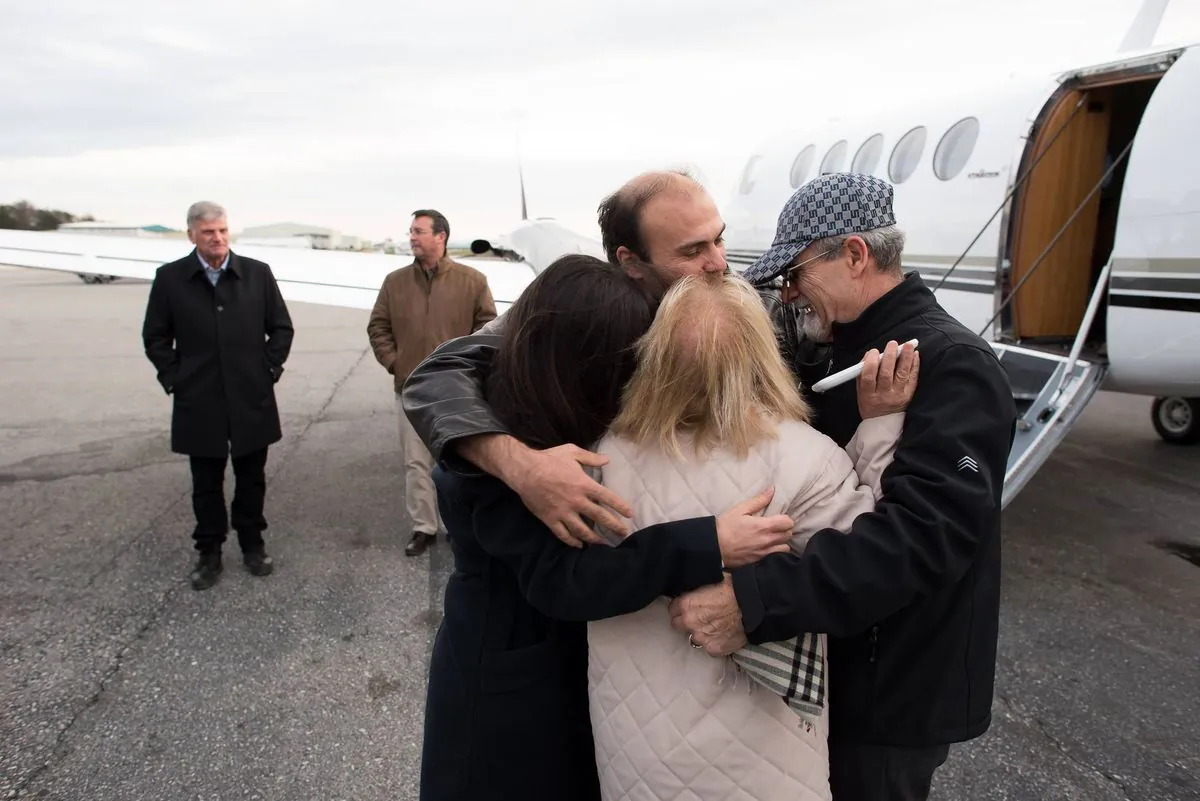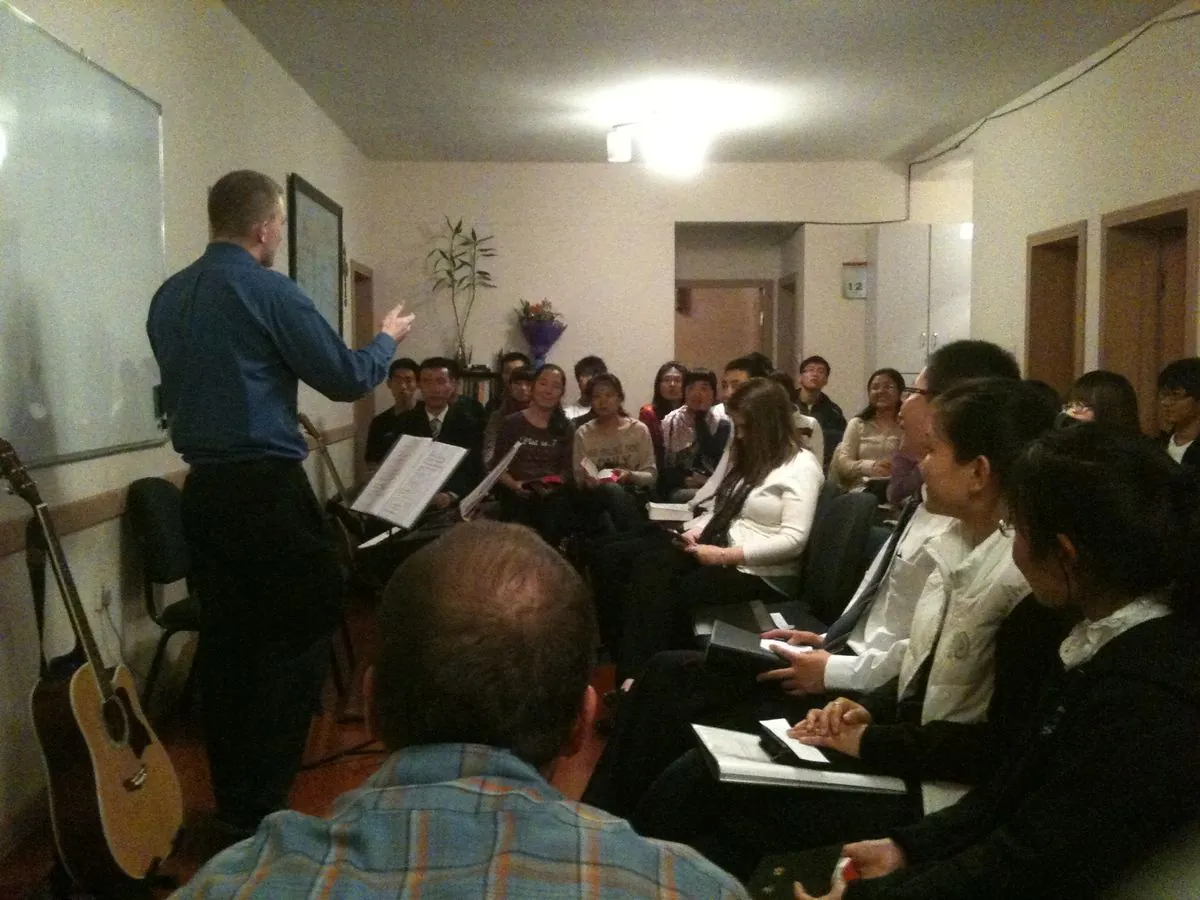U.S. Pastor Freed After 20-Year Detention in China, Sparking Calls for Further Action
David Lin, a California pastor, returns to the U.S. after nearly two decades in Chinese prison. His release prompts renewed focus on other Americans detained abroad and religious freedom issues in China.

David Lin, a California pastor, has returned to the United States after being released from prison in China, where he spent nearly two decades in detention. The U.S. State Department confirmed Lin's release, marking the end of a case that has drawn significant attention from free speech advocates and U.S. officials who maintained he was wrongfully detained.
Lin, now in his late 60s, was initially questioned by Chinese authorities in 2006 while working on establishing a Christian training center in Beijing. He was subsequently barred from leaving the country, detained, and charged with fraud under unclear circumstances. In December 2009, Lin received a life sentence, which he consistently denied as baseless.
The house church movement, in which Lin was an active participant, has faced ongoing challenges in China. This movement, which began in the 1950s as a response to Communist Party control over religious activities, operates independently from state-sponsored religious organizations. Participants often face intimidation, harassment, and severe legal consequences.

China's approach to religion has been complex and evolving. While the Chinese Constitution nominally guarantees freedom of religious belief, the practice is heavily regulated. The government officially recognizes only five religions: Buddhism, Taoism, Islam, Catholicism, and Protestantism. Estimates suggest there are between 60-100 million Christians in China, with a significant portion attending unregistered house churches.
The circumstances surrounding Lin's release remain unclear. However, it is known that U.S. Secretary of State Antony Blinken discussed Lin's case with Beijing officials in July 2023, continuing efforts for his release. Lin's sentence had been reduced several times, with his original release date set for 2029 before his early release.
Lin's case has often been mentioned alongside those of other Americans still imprisoned in China, including Texas businessman Mark Swidan and New York businessman Kai Li, both considered by the U.S. to be wrongfully detained. The concept of "wrongful detention" is recognized by the U.S. government and can lead to increased diplomatic efforts for release.
U.S. politicians have expressed support for Lin and called for the release of other detained Americans. Representative Michael McCaul highlighted the issue of "hostage diplomacy" by authoritarian regimes, while Representative Young Kim stated her solidarity with the families of Americans wrongly detained worldwide.
The release of David Lin brings attention to the broader issues of religious freedom in China and the detention of foreign nationals. The Chinese government's policy of "Sinicization" of religion aims to align religious practices with Chinese culture and Communist Party values, often leading to tensions with unregistered religious groups.
As Lin reunites with his family after nearly 20 years, his case serves as a reminder of the ongoing challenges faced by religious practitioners in China and the complex diplomatic efforts required to address issues of detention and human rights on the international stage.


































